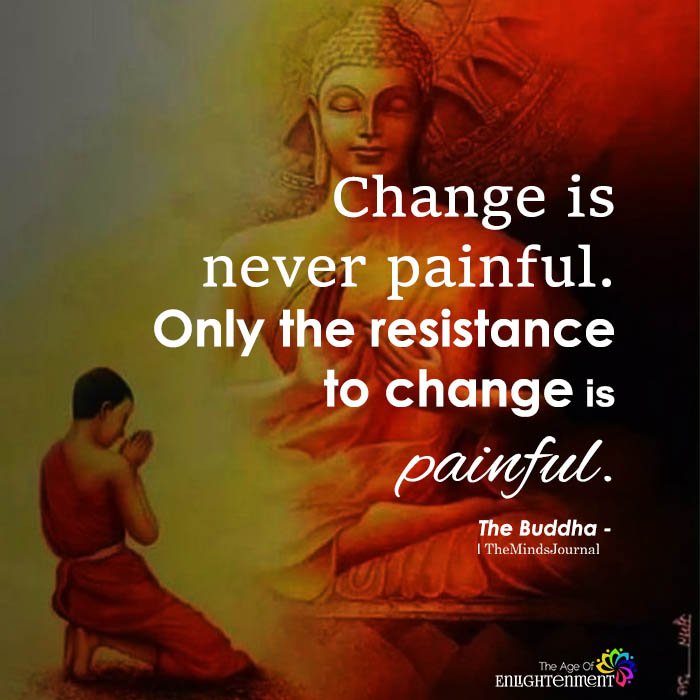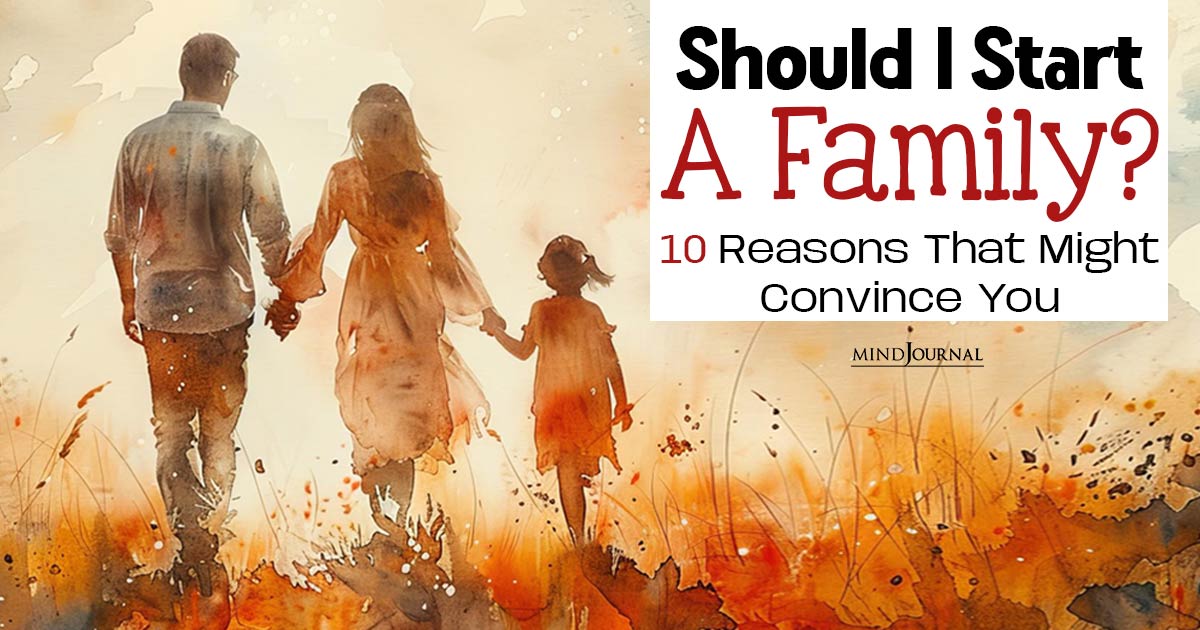There can be many causes of drama at weddings since it’s a time when your emotions are at its peak. But what causes drama at weddings? What are the driving factors behind wedding mishaps? Let’s find out more about the reasons for wedding drama, and why they act as strong triggers or reasons for problems at a wedding.
Key Points:
- Weddings can stir unresolved conscious and unconscious issues in all attendees, often leading to problems.
- Parents and guests who have experienced a recent loss or feel envious can be negatively affected by a wedding.
- Those with ambivalent feelings about a wedding can sometimes unexpectedly disrupt the event with their behavior.
If you ask any married person how their wedding experience was, you might hear a tale that boggles the mind. Simply put, there is something about a wedding that brings out the bizarre in us.
In my clinical work, I have been told of relatives dropping dead on the dance floor, people getting drunk and making scenes, significant others who have boycotted the affair for various and sundry reasons, grooms giving their best imitation of Sonny Corleone by having sex with bridesmaids or other women in the wedding party, and women running off with old boyfriends and leaving their prospective beaus in the lurch, to name a few.
Some of what happens at weddings is bad luck. A client told me that her uncle suffered a heart attack and died on the dance floor. She said he was in great shape, and that the incident was a total shock to all family members. Of course, he wasn’t healthy, but he might not have known what was to befall him.
While we cannot control everything in our lives, most wedding mishaps seem psychotically induced by the nature of the event itself. And it’s not just a future “mother-in-law” who is to blame… although it certainly can be. The following are a few of the reasons for problems at a wedding.
Related: What Drives Some Couples To Call Off Their Wedding?
6 Causes Of Drama At Weddings
1. Change
A wedding is an event that symbolizes the end of one lifestyle and the beginning of another. Prospective spouses who have problems with this developmental shift, for whatever reason, may act out by pulling out of the wedding at the last minute.
If you talk to enough people, you will find a surprising number of individuals who have been left at the altar by some such person. To avoid marriage, some partners have left the country or completely disappeared never to be heard from their friends and family again. Most of these people are conflict-avoiders and those who shame easily.
It’s not only the potential partners who may act out with change, or should I say growth on the horizon; parents or relatives may try to destroy it either consciously or unconsciously.
For example, a mother who has been overinvolved with her child had a tough time letting go and the anxiety associated with this shift was unbearable. This woman intermittently excused herself from the festivities and isolated herself in a room at the venue.
The more enmeshed the parent and child were prior to the marriage, the more aberrant behavior to expect at or around the wedding.

2. Loss
This is a specific type of change, but it is different enough to merit its own category. Those who perceive the wedding as a personal loss may exhibit unexpressed grief in a twisted or inappropriate manner.
For example, one woman who had lost her daughter in a car accident several years ago got so drunk at her niece’s wedding that she started a fight with the niece’s mother (her sister); she also insisted on driving herself home from the wedding and was in a minor car accident.
Only later did she admit that the wedding festivities reminded her of the loss of her daughter and that she wanted to rid herself of those terrible memories as quickly as she could.
3. Guilt
Some people may feel guilty over their loss and punish themselves for it; others around them are simply collateral damage.
With reference to the previous case, when the inebriated woman’s sister told her she could have ended up like her daughter—dead from a car accident—the woman said that the thought of dying gave her the hope that she would join her daughter in heaven.
She added that she herself deserved to die anyway because she was driving the car when they were broadsided. Some term this “survivor guilt.”
Related: Why Grown Kids Tend To “Ghost” a Parent’s Wedding
4. Anger
I once went to a wedding that was filled with people who did not have a good relationship with the parents of the young man who was getting married.
Mingling among the guests I heard several say something like. “I don’t know why I was invited to this. I can’t stand these people.” Of course, none asked why they accepted the invitation, but they did have a point.
Nevertheless, angry people will retaliate in some way, and from what I heard, many gave the cheapest gifts and were the most critical of the venue, meals, and music.
5. Envy
Those who are envious make bad wedding participants. Whether there is jealousy between prospective in-laws or between participants and guests, this never turns out well.
One young married woman confessed to me that her husband‘s family was less financially fortunate than hers and that two of his uncles decided to take this out on her father.
The men were obnoxious to her father, making fun of his need to throw an expensive wedding and even challenging him to a physical altercation. Luckily, the father took their verbal jabs as a sign of jealousy and refused to provoke them.

6. Ambivalence
Anyone conflicted about the wedding, either the partners, parents, or guests may cause a scene. Ambivalence here is synonymous with internal conflict about what is taking place.
Ambivalence is tricky to decipher because there are usually two opposing views expressed by the same individual.
For example, a maid of honor who did not approve of her best friend’s choice of mate felt obligated to attend the wedding but was so late that it was delayed for almost two hours.
A second example is that of a man who wanted to marry his partner on the one hand but was equally attracted to a woman in the wedding party who was equally enamored with him. Just prior to the ceremony, the two were caught having sex in an isolated part of the venue.
And lastly, most divorced and widowed individuals will tell you that they dread getting an invitation to a wedding. They despise having to go alone, and even if they find a friend to accommodate them, it is a bittersweet experience at best.
A divorced male client told me that it was hard enough to attend his friend’s daughter’s wedding solo, but he also felt as if he was treated like a leper by the guest couples.
Another divorced client told me that while talking to a group of women at his friend’s wedding, he was accused by one of the male guests of trying to seduce his wife.
My client said the scene was bizarre by itself, but to make matters worse, several other men came to their friend’s rescue and escorted my client out of the wedding.
Particularly painful was the fact that my client’s friend did not come to his rescue and allowed this ejection to happen, even though all the women involved sided with him.
Related: 5 Things to Know About Marriage Before Your Wedding Day
Weddings are highly emotional events that signify growth and potential, but they also shed light on sensitive wounds that have not been addressed.
While residing in our unconscious, the remnants of these wounds may slip through enough to create symptoms that make one’s special day special for a host of other reasons.
Written By Stephen J. Betchen D.S.W. Originally Appeared On Psychology Today










Leave a Reply